Keywords: Employment Services
-
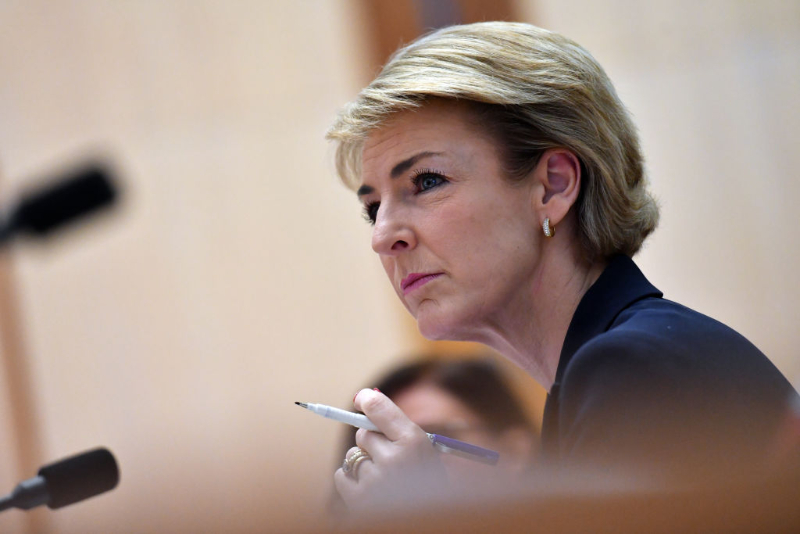
AUSTRALIA
- Frank Brennan
- 17 November 2021
63 Comments
It’s four years since the Australian Parliament amended the Marriage Act 1961 to provide that marriage means ‘the union of two people to the exclusion of all others’. The legislation followed the plebiscite on same sex marriage. To address the concerns of some religious groups, Prime Minister Malcolm Turnbull set up an expert panel chaired by long time Liberal Party minister Philip Ruddock to report on whether Australian law adequately protected the human right to freedom of religion.
READ MORE 
-
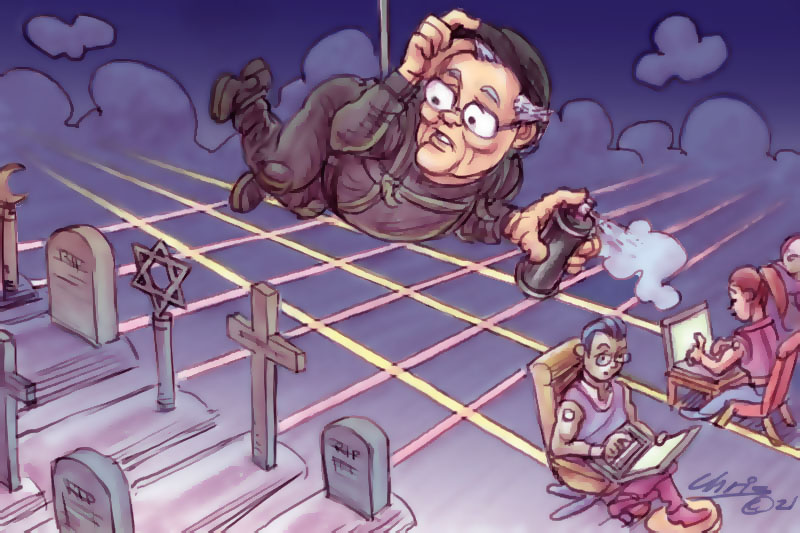
AUSTRALIA
- Tim Dunlop
- 15 November 2021
8 Comments
The experience of the Covid-19 pandemic has been like the aerosol used in those heist movies, where the cat burglar breaks into the museum and sprays the air to reveal the invisible lines of power that criss-cross the space between the door and cabinet where the treasure is kept.
READ MORE 
-
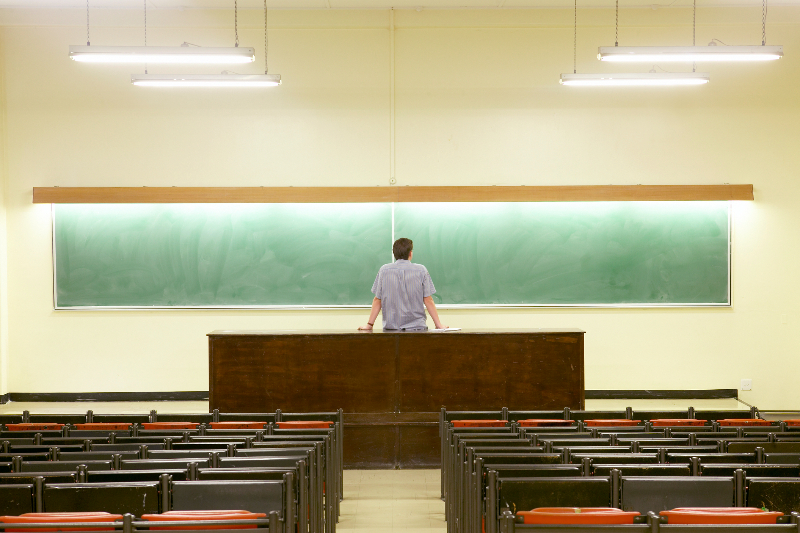
AUSTRALIA
- Frank Brennan
- 18 October 2021
11 Comments
The High Court decision has been confusing for many people because it both upheld Ridd’s right to intellectual freedom and the university’s entitlement to sack him for breaches during disciplinary proceedings which had followed upon two wrongly argued censures. Basically, Ridd won on the point of intellectual freedom but he lost on the other aspects of his behaviour which had nothing to do with the exercise of intellectual freedom.
READ MORE 
-
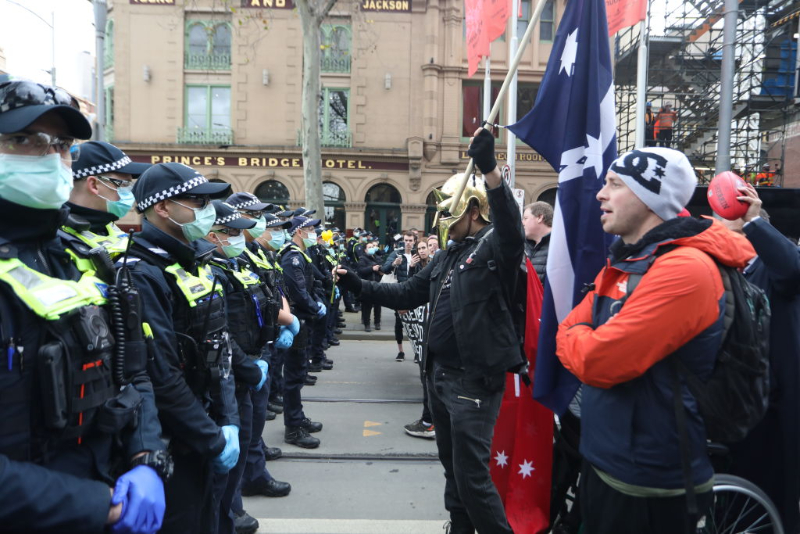
AUSTRALIA
- Julian Butler
- 28 September 2021
9 Comments
Walking down to the local Saturday morning street market, I wasn’t expecting to find myself amidst the beginnings of a violent protest. Seeing some police, I thought they were out and about to ensure the public weren’t taking too many liberties with the slightly eased restrictions that had come into effect for Melbourne the previous night. But half a dozen on each corner of Church St and Bridge Rd in inner-city Richmond suggested something more.
READ MORE 
-
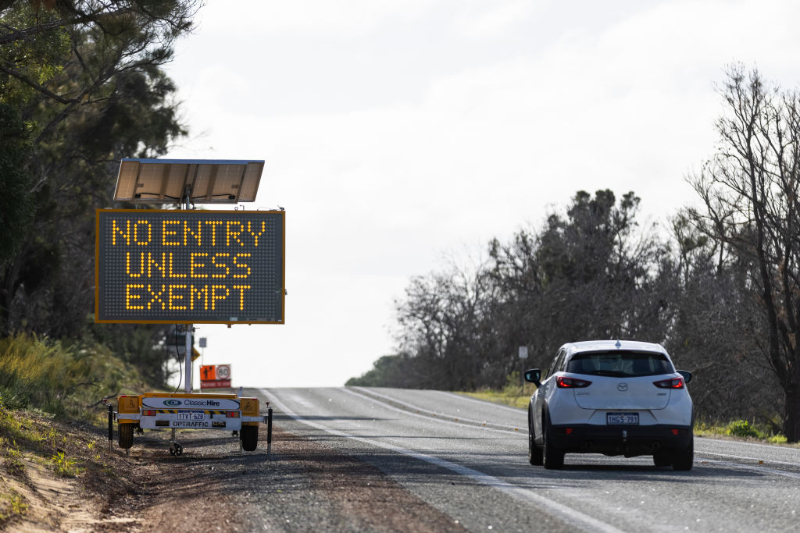
AUSTRALIA
- Frank Brennan
- 09 September 2021
5 Comments
Clive Palmer is one Australian wanting to smash border restrictions during this time of pandemic. He is threatening to go back to the High Court seeking recognition of his right as an Australian citizen to travel freely between the States. In particular he claims the right to enter Western Australia where he has significant mining interests.
READ MORE 
-
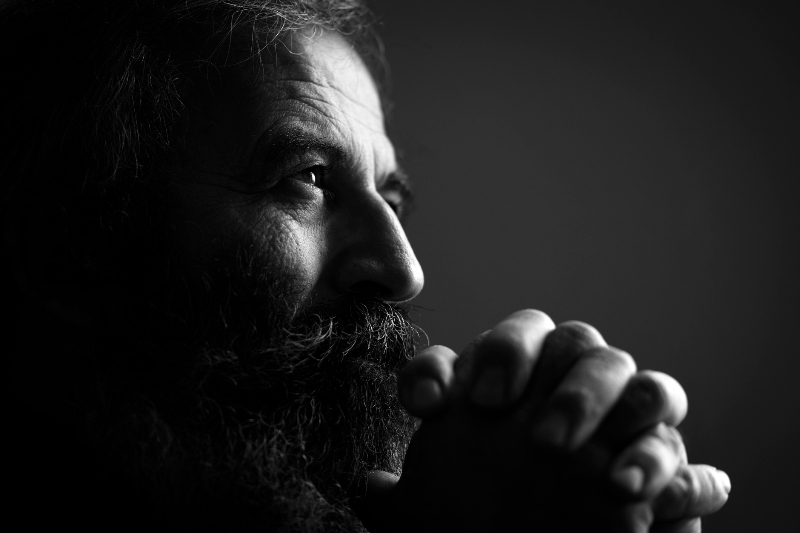
AUSTRALIA
- Barry Gittins
- 09 September 2021
1 Comment
What does it take to lose hope? For the 4,000 people who attended the anti-lockdown protests in Melbourne last month, an odd coalition of the frustrated, the scared, the angry and the hurt, it takes 18 months of pain and the ensuing changes in employment status, isolation from family and friends, and losses in lifestyle and individual liberties.
READ MORE 
-

AUSTRALIA
- Andrew Hamilton
- 02 September 2021
11 Comments
As restrictions drag on and the number of infections rises, more Australians are asking when lockdowns can cease. Federal politicians and business leaders have argued the case for a quick ending while claiming the authority of scientists. Science being science, the relevant questions have been tied to numbers. They have asked: how few cases should there be in the community before leaving lockdown? What percentage of the community must be vaccinated before the lifting of restrictions? What number of deaths should be tolerated for the gains of opening the economy? And when precisely should the opening of Australia take place?
READ MORE 
-
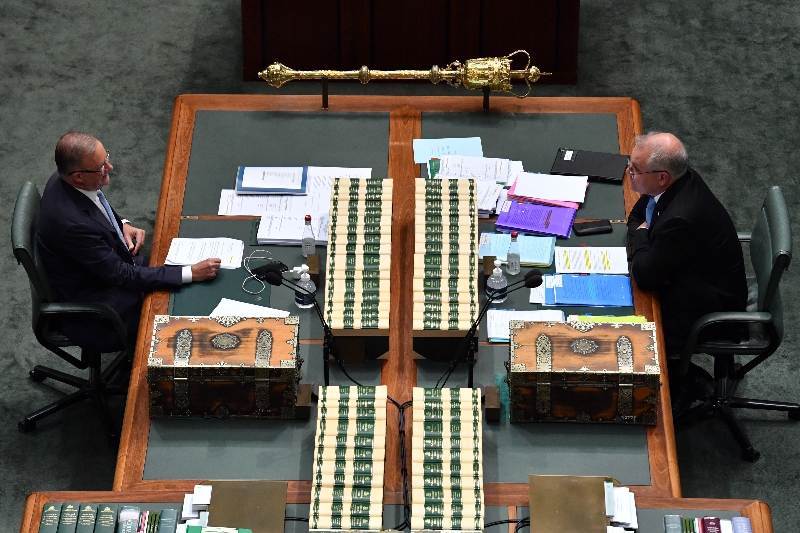
ECONOMICS
- Chris Smith
- 31 August 2021
11 Comments
In July, Anthony Albanese announced a significant change of stance on Labor tax policy which was disappointing, if not surprising. An elected Labor government, Albanese promised, would keep the coming high income tax cuts he previously opposed. This decision to not oppose the government proposal to restructure the income tax system through reduced marginal rates is supporting a government policy that will lead to a significant redistribution of wealth towards high income earners.
READ MORE 
-
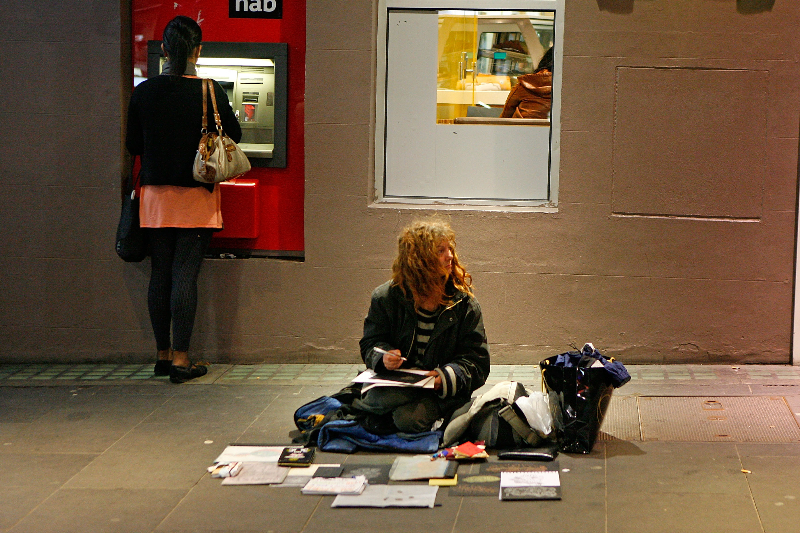
ECONOMICS
- John Falzon
- 10 August 2021
13 Comments
When you put rising housing costs alongside stagnating wages, an alarming trend in normalising insecure work, persistent unemployment and underemployment, and statutory incomes that are going backwards in real terms, there’s good reason to be deeply worried about an increase in homelessness.
READ MORE 
-

AUSTRALIA
- Andrew Hamilton
- 10 June 2021
9 Comments
In Victoria the latest lockdown has prompted fresh questioning of the business-as-before approach to life after COVID-19. In particular it urges renewed reflection on the connection between the remuneration of work and its importance to society.
READ MORE 
-
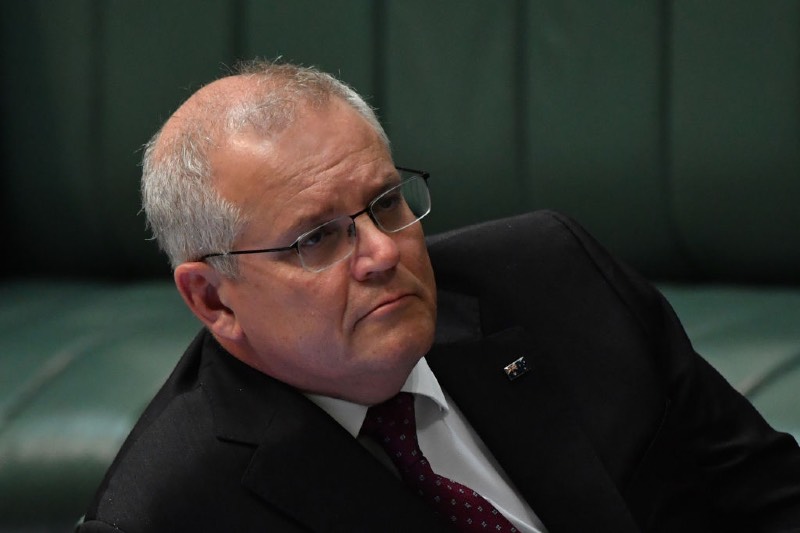
ECONOMICS
In a recent speech to business leaders, Prime Minister Morrison made the remarkable claim that ‘we are going to meet our [climate change] ambitions with the smartest minds, the best technology and the animal spirits of capitalism.’ This is straight from the neoliberal playbook, the doxa that the role of government is to get out of the way to make room for those animal spirits so as to pander to the fantasies of the wealthy few.
READ MORE 
-
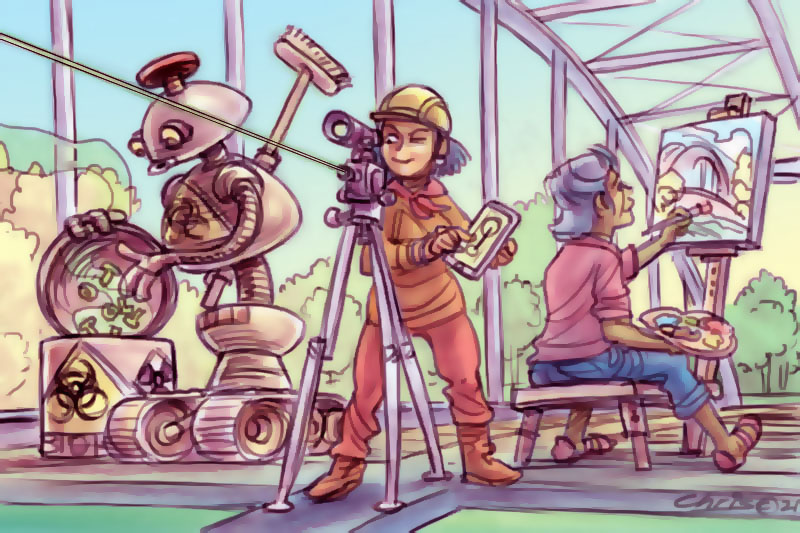
AUSTRALIA
The debate about the future of work, and therefore UBI, was hijacked by a reductive media narrative around ‘the robot question’ and this has made it hard to recognise the complex nature of the changes underway.
READ MORE 